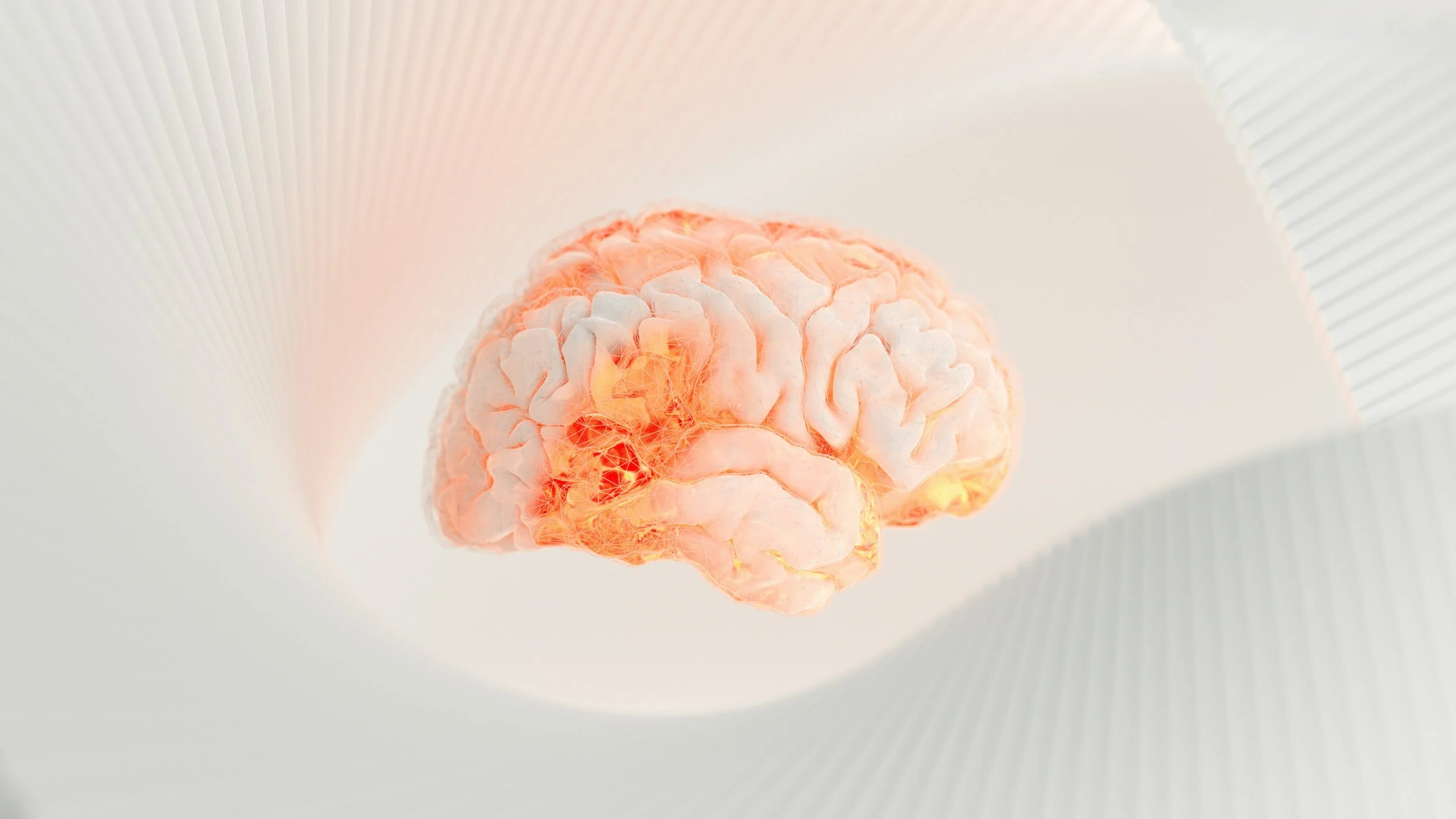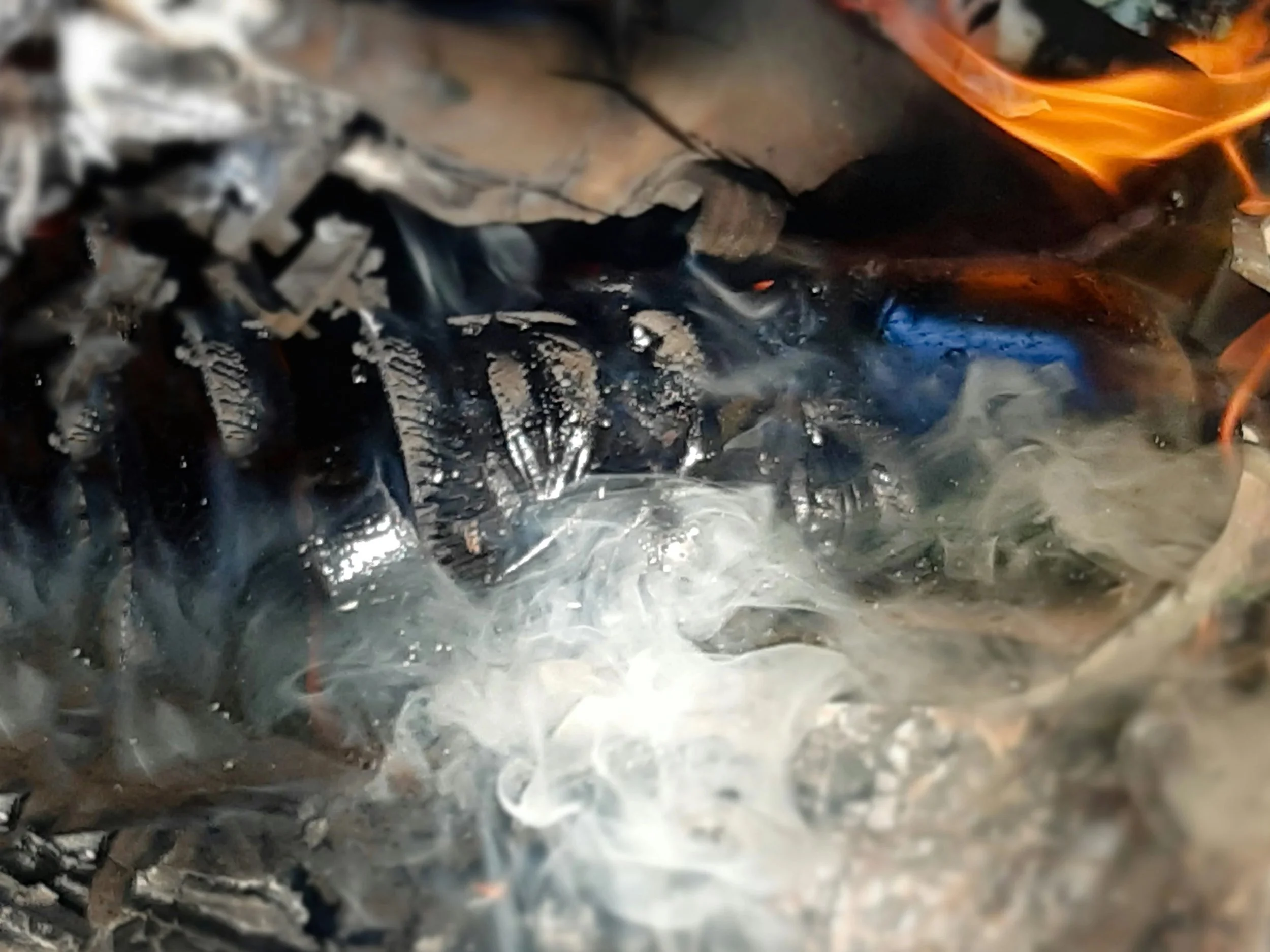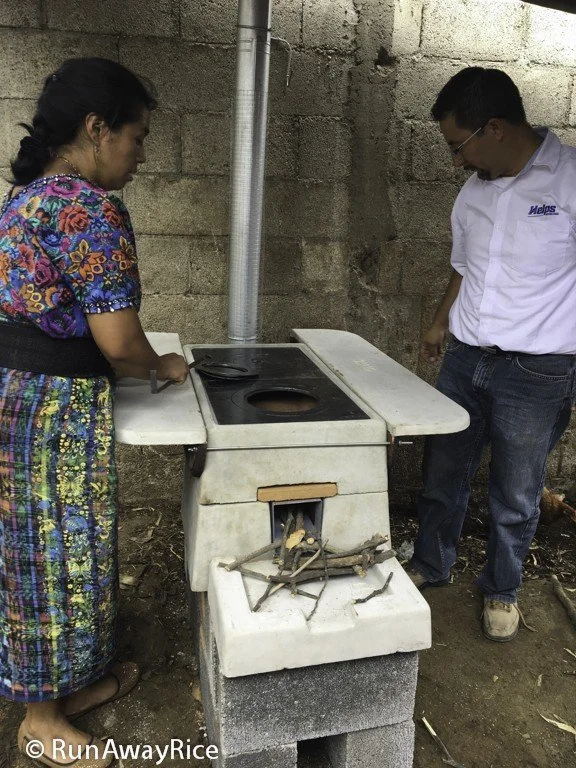Tidey Ocean Blog

Microplastics in the Brain: What the New Research Found and What It Means For You
A recent 2025 Nature Medicine study found microplastics and nanoplastics in human brain tissue (with higher levels in 2024 than 2016), what it means for plastic health impacts, and practical steps to reduce microplastic exposure by cutting single-use plastics and improving everyday habits.

Out of Sight, Into Smoke: The Hidden Emissions Crisis of Plastic Waste
Millions of tons of plastic are burned each year, releasing toxic dioxins and massive carbon emissions—this blog exposes how open plastic burning, often overlooked in the fight against ocean waste, is fueling a global air pollution and climate crisis.

From Tap Water to Takeout: 7 Everyday Ways Microplastics Invade Your Body
Think you’re plastic-free? Think again—here are the 7 everyday sources of microplastics sneaking into your body (and how to fight back).

How To Stop Ocean Plastic Pollution
The best way to stop ocean plastic pollution is to stop using and wasting plastic. We need solutions to replace and reduce plastic, and solutions for better recycling and recovery. Unfortunately, if we wait for this to happen, our rivers and oceans will continue to choke on more and more plastic. That’s where Tidey comes in. We intercept plastic BEFORE it gets to the ocean.

Microplastics: The Hidden Health Hazard We Can’t Ignore
Microplastics are rapidly proliferating the natural world, but what does this mean for human health? The answer may surprise you.

Moving More, Wasting More: How Increasing Mobility Impacts Waste and Consumer Behavior
Americans are moving more frequently, a trend that comes with a hidden environmental cost.

The Plastic Problem in Fast Fashion: Unpacking an Overlooked Crisis
The textile industry’s fast fashion trends have caused significant environmental degradation, but smart choices by consumers and companies can combat the severity of the blight.

The Top 7 Plastic-Producing Industries
To solve the plastic problem, we first must understand where the endless streams of plastic are coming from.

Paradise Lost: How Progress Poisoned Utah Lake
Utah Lake is a stark example of what can happen when progress is pursued myopically.

The Poverty Crisis
Guatemala faces a profound humanitarian crisis, with poverty and malnutrition impacting millions of lives.

The Seven Deadly (Re)sins
An in-depth look at the seven types of plastic, and the implications that each have for our planet.

What types of plastic does Tidey Ocean collect?
Not all plastic pollution is the same. At Tidey, we collect ocean plastic, ocean-bound plastic, river plastic, and nature-bound plastic. Each type poses different threats to people and the environment. From plastic floating in the ocean to mismanaged waste far inland, this post explains where we collect plastic and how recycling it helps protect both local communities and global ecosystems.

What Happens if We Don't Recycle?
Recycling isn’t just about being eco-conscious, it’s about survival. From overflowing landfills and ocean pollution to health risks and energy waste, the consequences of not recycling are already showing up across the planet. This post breaks down what’s at stake and why now, more than ever, it’s up to all of us to make recycling a daily habit.

Tidey vs 4Ocean
Organizations like 4Ocean and Tidey are tackling the ocean plastic crisis in different ways but with the same mission in mind. From funding cleanups through bracelets to offering plastic offset programs, both are helping remove plastic from our waterways. Learn how their models differ, where they operate, and why stopping plastic at the source matters more than ever.

The Scope of the Plastic Problem
Join the global fight against ocean plastic with Rising Tide Foundation. We clean rivers, empower communities, and use traceable data to show your real impact. From Guatemala to your inbox, every pound collected supports jobs and protects marine life. Donate, volunteer, or partner with us today to help stop plastic before it reaches the sea.

Tidey Ocean Collectors
At Tidey Ocean, our collectors are the heart of what we do. They come from all walks of life from farmers, grandparents, animal lovers. They are all doing their part to stop ocean-bound plastic in their communities. Whether it’s full-time work or something they do on the side, their impact is extraordinary. Get to know a few of their stories and see how small actions are creating big change.

8 “Plastic-Killing” Materials to Know About in Fall 2024
To break up with plastic, the world needs to find viable plastic alternatives - and innovators are doing just that.

What type of plastic do we collect?
In many coastal communities, waste has nowhere to go. Trash is either burned or dumped into nature. Tidey Ocean partners with these areas to offer a better solution. Using a gig-style system, locals earn money by collecting ocean-bound plastic and ocean plastic, stopping pollution before it starts and cleaning up what’s already there.
